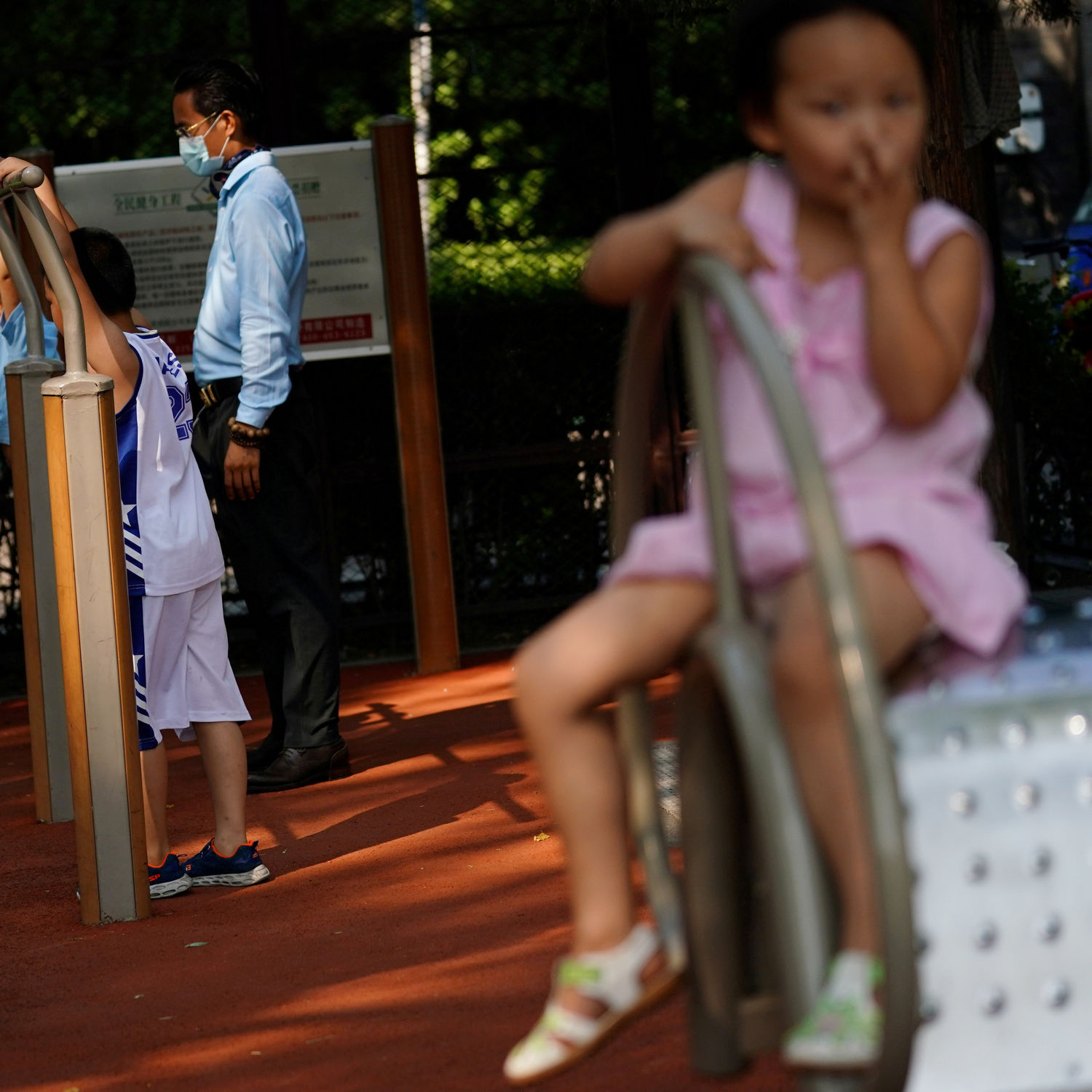Census published this month showed the population grew 5.4% to 1.41 billion between 2010 and 2020 in lowest record rate of increase
(AF) China will allow couples to have three children, loosening its historic family planning policies as the country’s population ages.
The policy change will come with “supportive measures, which will be conducive to improving our country’s population structure, fulfilling the country’s strategy of actively coping with an ageing population”, the official Xinhua news agency said, reporting on a Communist Party politburo meeting chaired by President Xi Jinping.
Among those measures, China will lower educational costs for families, increase tax and housing support, encourage women to work and clamp down on dowries, it said, without giving specifics.
It was unclear when the policy would take effect.
Beijing scrapped its decades-old one-child policy in 2016, replacing it with a two-child limit, but that failed to result in a sustained surge in births given the high cost of raising children in Chinese cities.
LOWEST RATE
China’s central bank has called for the government to abolish birth limits entirely after the census published this month showed the population grew 5.4% to 1.41 billion between 2010 and 2020.
That is the lowest rate of increase between censuses since China began collecting data in 1953.
In the past five years, China’s official fertility rate has fallen sharply to 1.3 births per woman, on par with ageing societies such as Japan and Italy and far short of the 2.1 needed for replacement level.
“People are held back not by the two-children limit, but by the incredibly high costs of raising children in today’s China,” Li Yifei, a sociologist at NYU Shanghai, told Reuters.
“Housing, extracurricular activities, food, trips, and everything else add up quickly. Raising the limit itself is unlikely to tilt anyone’s calculus in a meaningful way, in my view.”
Experts say the third-child policy is unlikely to significantly delay the peak of population, which is expected in 2026.
The second-child policy has contributed to around 10 million extra babies (nearly 0.7% of the population) since it was introduced, according to the National Bureau of Statistics.
But Yue Su, principal economist at The Economist Intelligence Unit , predicted: “The impact of the third-child policy will be much lower.”
Su said the Chinese government is reluctant to fully remove birth control out of concern of shocks to public service related to an unexpected surge in areas with higher birth propensity, such as Shandong, Guangdong and Sichuan.
“The policy impact on birth rate will be limited, but could dampen female’s competitiveness in the labour market as companies might assume females to have more babies to take care of as the birth cap goes higher,” she said.
With reporting by Reuters





















